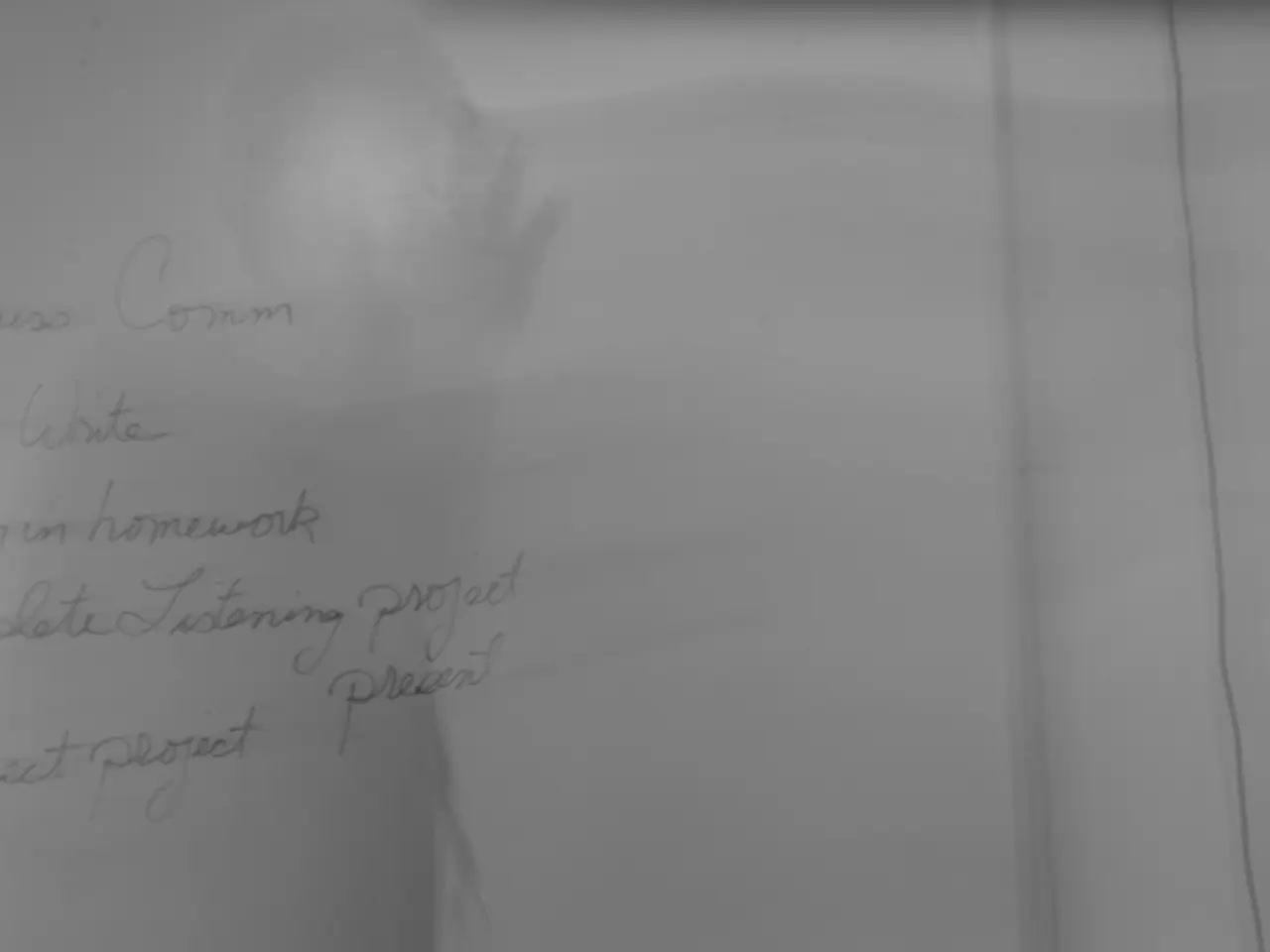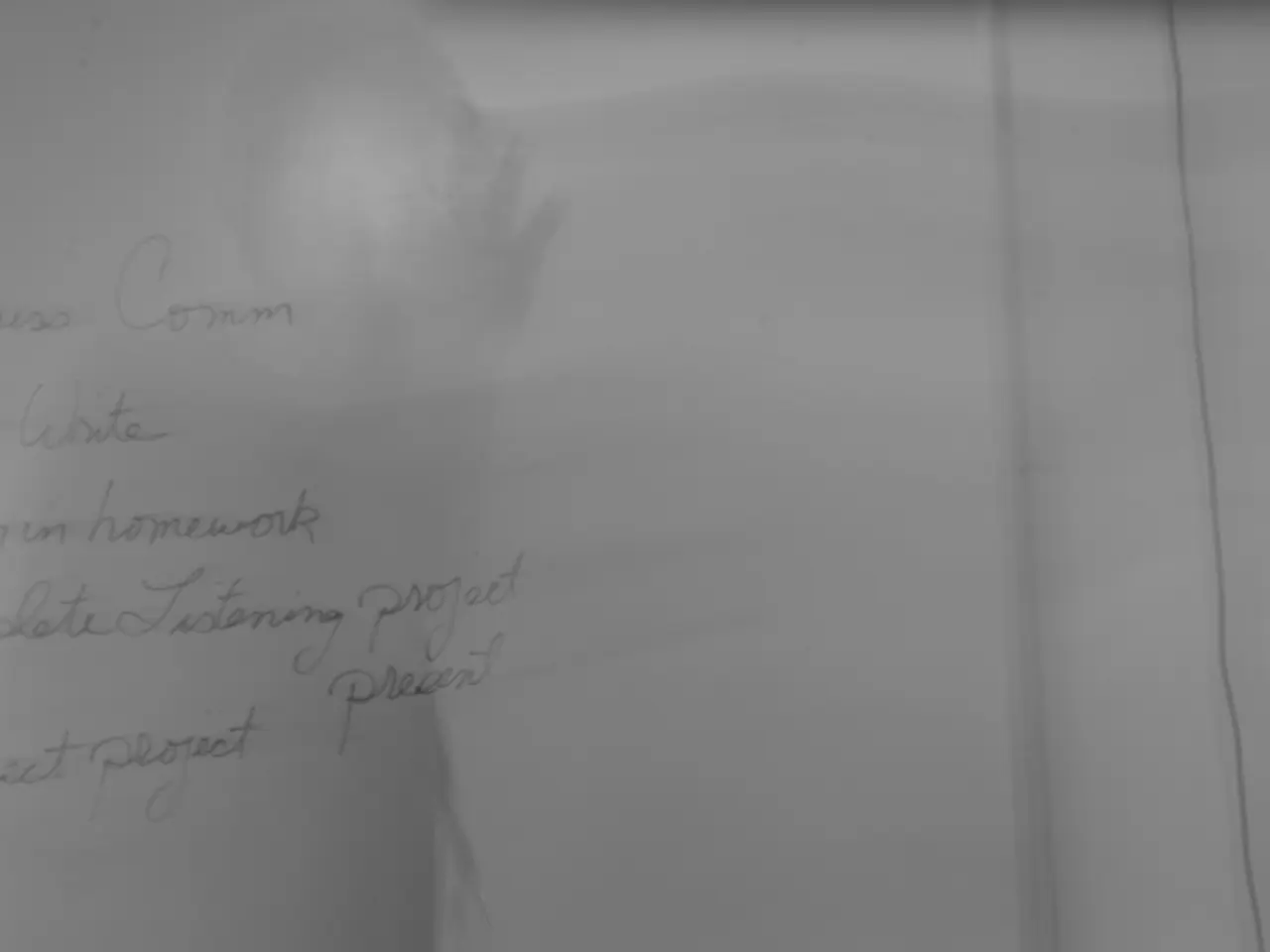Unattended 401(k) account expenses might drain workers' retirement funds by thousands of dollars.
In this new era of job-hopping, more and more Americans are leaving 401(k) plans with old employers—and that's a problem. As of 2023, a whopping 29.2 million abandoned 401(k) accounts are holding onto a staggering $1.65 trillion in assets, according to Capitolize, a fintech firm. And one in four of those accounts are being forgotten.
So, what happens when you leave your hard-earned retirement savings behind? Well, it can come at a cost.
Nearly half of employees leave money in their old plans during work transitions, but that oversight could be expensive. According to a 2021 survey by the U.S. Government Accountability Office, more than 41% of workers are unaware that they are even paying fees on their 401(k)s. These could include administrative service costs and fees for investment management. And in some cases, former employees who don't take their 401(k) with them could be charged an extra fee to maintain the accounts. Importantly, these hidden costs can eat away at your principal and hinders the growth that would have accrued over time.
It's essential to know the facts about your 401(k) and how to manage it effectively. If you're thinking about leaving an old 401(k) behind, ask yourself if the potential fees and limited investment options are worth it. Remember, it's not just about the money you have now, but the money you could potentially earn over time through smart investing and continued growth.
When you switch jobs, your options aren't limited. You may be able to move the funds to a new employer-sponsored plan or roll your old 401(k) funds into an individual retirement account (IRA), which many people do. But IRAs typically have higher investment fees than 401(k)s, and those rollovers can also cost workers thousands of dollars over decades.
So, what's the best way to manage your old 401(k)? Do your research, understand the fees, and make a decision that's best for your financial future. And if you've forgotten about an old 401(k), take steps to find it. You can use your Social Security number to track down funds through the National Registry of Unclaimed Retirement Benefits or the retirement savings lost and found database established by the Department of Labor as part of the Secure 2.0 Act.
The bottom line: Leaving your 401(k) with a previous employer might seem like a simple solution, but it can have long-term consequences. By staying informed, you can make informed decisions about your retirement savings—and secure a brighter future.
Sources:
- Capitalize
- Vanguard
- U.S. Government Accountability Office
- PensionBee
- Segment Wealth Management
- The Pew Charitable Trusts
- Retirement Clearinghouse
- Fidelity Investments
- By leaving retirement savings in old 401(k) plans, individuals could be unknowingly paying hefty fees, like administrative service costs and investment management fees, which could erode the principal and hinder its growth over time.
- When switching jobs, employees have the option to move their 401(k) funds to a new employer-sponsored plan or roll them into an Individual Retirement Account (IRA), but the higher fees associated with IRAs and the rollover costs can add up over the years.
- One in four abandoned 401(k) accounts, totaling $1.65 trillion in assets, are being forgotten, according to Capitolize, a fintech firm.
- If you have forgotten about an old 401(k), you can find and claim your lost funds through the National Registry of Unclaimed Retirement Benefits or the retirement savings lost and found database established by the Department of Labor.
- Smart investing and continued growth in your retirement savings can lead to substantial wealth accumulation over time, so it's essential to make informed decisions about your 401(k) to secure a brighter financial future.
- In the era of job-hopping, individuals should approach the management of their 401(k)s with diligence, researching fees, understanding their options, and considering the long-term consequences of leaving retirement savings with a previous employer.




